Breathing New Life to Museums in Africa: a Call to Safeguarding African’s Cultural Legacies
Africa has only 900 museums, with Nigeria contributing just 52 national museums, 44 state owned museums and 100 private owned museums. In stark contrast, the United States boasts 35,000 museums, and Europe is 15,000.
Across the world, African cultural artefacts, paintings, sculpture, and cultural expressions adorn the guilded cages and box glasses of museums.
The preservation of African arts, museums, and culture is a matter of utmost importance. Our cultural heritage is the fabric that binds us together as a continent, and it is our responsibility to ensure its survival for future generations.
In this special feature by the E-in-C, Ejiro Umukoro and correspondent Collins Odigie Ojiehanor, an initiative by LightRay! Media, we identify and address the gaps, threats, and solutions for the preservation and significance of African museums with some of the best minds in the arts and culture landcaspe.
In the heart of Nigeria, a rich cultural heritage whispers stories of a vibrant past, threadbare and fragile. As the world hurtles towards modernization and globalization, the echoes of this heritage grow fainter, threatening to disappear into the void of forgotten history.
But a chorus of voices refuses to let Nigeria and other African cultural legacies fade away. Historians, artists, and cultural advocates have joined forces to sound the alarm, urging the nation to preserve and promote its cultural heritage before it’s too late.
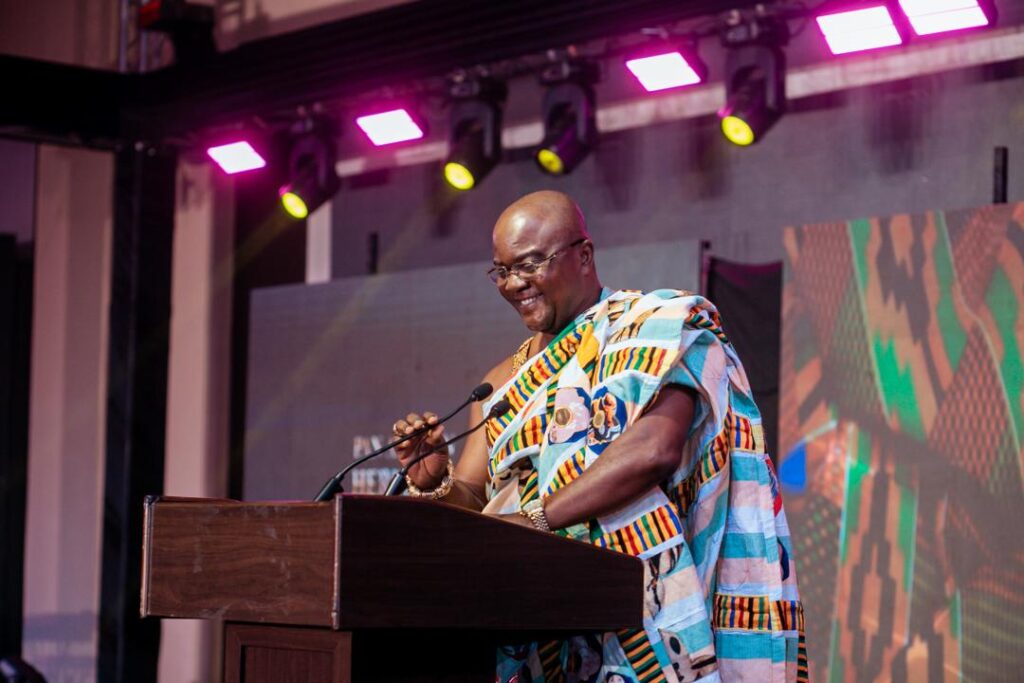
Dr. Joseph Silver SNR, Chairman of the Executive Council and International Board at the Pan-African Heritage World Museum captures this succinctly when he said: “The history of Africa and the diaspora predates anything we have in the modern world. It’s time to correct historical inaccuracies and celebrate our ancestors properly”, he emphasised.
Prince Yemisi Adedoyin Shyllon, Founder of Omooba Yemisi Adedoyin Shyllon Art Foundation (OYASAF) and the Grand Donor of the Yemisi Shyllon Museum of Art at Pan Atlantic University, Lagos, voiced concerns about the state of Nigeria’s museums. He highlights a stark reality: “There are 45 poorly managed national museums in Nigeria and one globally acclaimed private museum of art—the Yemisi Shyllon Museum of Art, Pan-Atlantic University, Ibeju-Lekki, Lagos.”
The preservation and promotion of Nigeria’s heritage is not just a cultural imperative but a national one. As Nigeria continues to develop and modernize, it is crucial to remember and celebrate the rich cultural legacy that defines the nation’s identity. By safeguarding this heritage, Nigeria can ensure that its history, traditions, and artistic expressions continue to inspire and enrich future generations.
In the bustling tapestry of Nigeria’s present, the echoes of its past resonate—a symphony of cultures, languages, and traditions handed down through generations. Yet, amidst the vibrant life, a silent struggle unfolds—one that transcends mere preservation and calls for a national awakening.
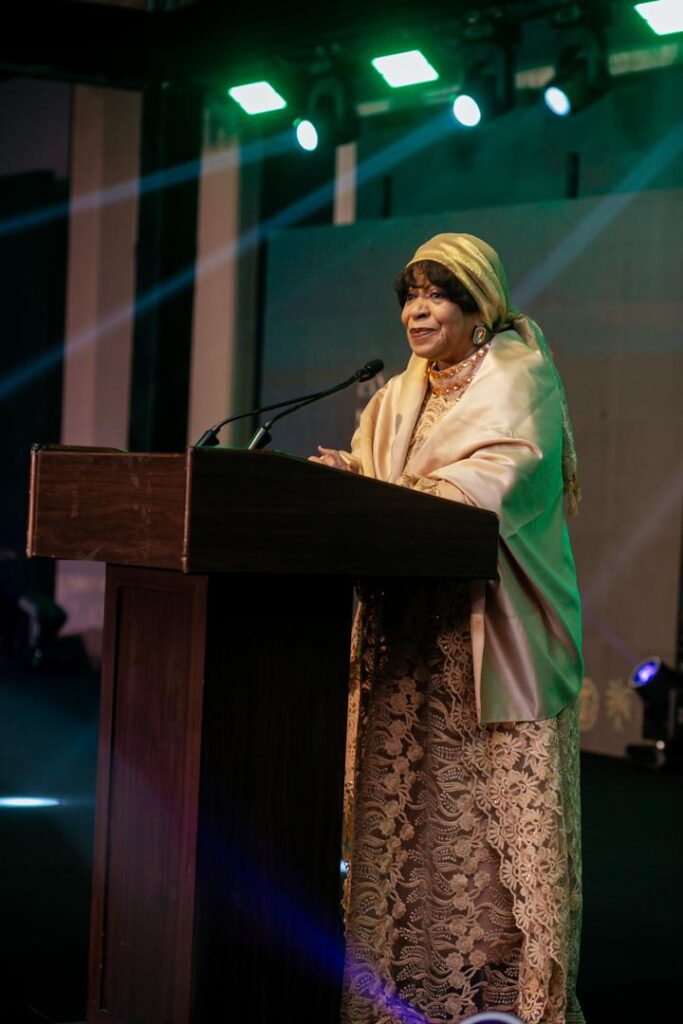
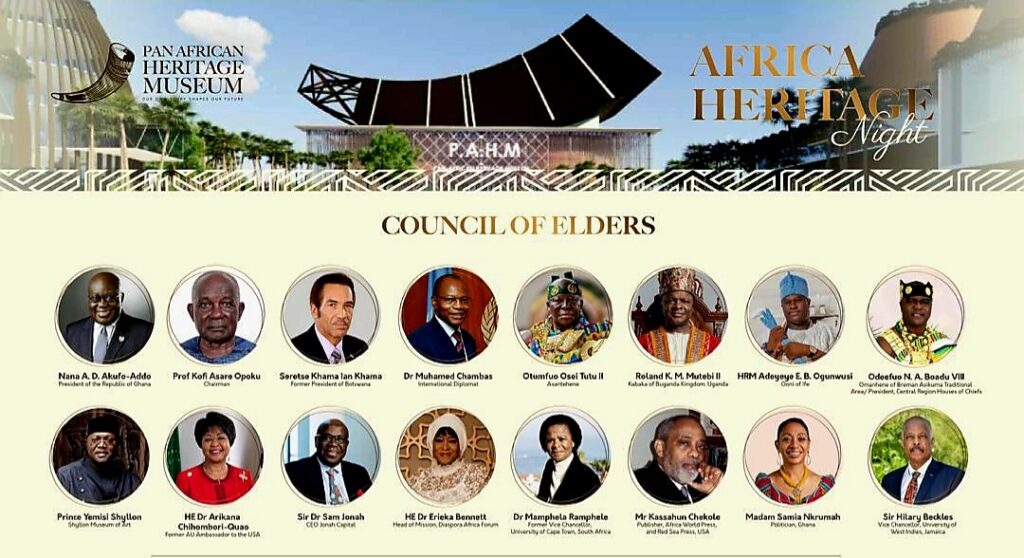
The Unseen Guardians
Arts and cultural experts, like sentinels guarding a sacred flame, raise their voices. They remind us that Nigeria’s cultural heritage isn’t just about artifacts encased in glass; it’s about the stories etched in time, the traditions woven into our very fabric, and the artistic expressions that breathe life into our identity.
The National Commission for Museums and Monuments (NCMM) valiantly battles against neglect and underfunding. With only 52 national museums under its care, the true potential of Nigeria’s cultural wealth remains untapped. These institutions, some poorly managed, yearn for recognition—a bridge connecting us to our roots.
Beyond Artistry: A Clarion Call
This narrative isn’t a sepia-toned reverie; it’s a call to action. Our heritage—like a dormant phoenix—awaits rekindling. We must document and archive historical artifacts, revitalize traditional crafts, and promote cultural tourism. In doing so, we not only safeguard the past but also shape our future.
Prince Shyllon’s passion for art and culture extends beyond preservation; he views art as a critical element of education and creativity. “Art is a very important part of humanity. It is a medium of expression of your inner mind and it’s also a way of creativity. It serves as the beginning of many of the creative works by even scientists. Engineers like me use art.”
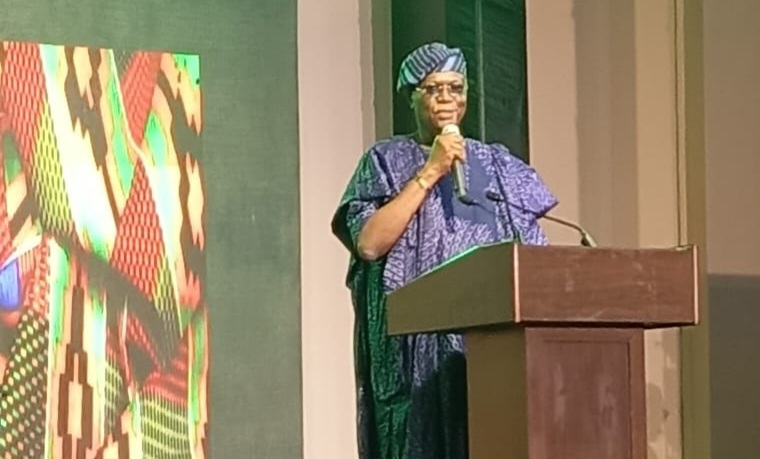
His advocacy for incorporating art into the education system is compelling. In a country of over 300 languages and over 500 ethnic tribes from the Isokos, Urhobos, Aworis, Edoids, Chukkol, Jukun, Efik, Igala, Babu, Duka, Bachere, and several other multi-ethnic groups often burried under the distorted umbrella of “three major groups” in Nigeria, our narratives inadvertently exclude important voices and culture.
To close these gaps, Shyllon champions a different kind of advocacy: “We should start teaching our youth about our culture. As it is, we do not teach our children our history, our culture, and they grow up taking up other people’s culture and believing that those cultures are superior to us. We have to go to the primary school, the secondary school to teach our children and to encourage art as a curriculum. Every child must study art because what does it do? It expands their creative ability.”
The Economic Tapestry
Preservation isn’t a solitary endeavor. It’s a communal dance—a rhythm that can drive economic growth and foster national unity. Stakeholders urge the Nigerian government to establish more cultural centers, museums, and educational programs. Artists and cultural practitioners need platforms to weave their magic.
Supporting this vision, Honourable Kojo Yankah, the Founder and Executive Chairman of the Pan-African Heritage Museum, underscores the importance of museums in educating future generations about Africa’s rich history. He calls for corporate institutions and individuals to support this mission, expressing disappointment with the inadequate education provided by African institutions about the continent’s history.
A Cultural Imperative
Nigeria’s heritage transcends borders; it’s a national treasure. As we stride toward modernity, let’s not forget the mosaic of creativity that defines us. By safeguarding our heritage, we ensure that our history, traditions, and artistic expressions continue to inspire generations yet unborn.
At a fund raising dinner for the Pan African Heritage Museum held in Ghana, the former president of Botswana, Ian Khama, adds his voice to the call for action, urging African leaders to promote the continent’s heritage. “The British Heritage Museum is a one-stop shop for African cuisine, culture, history of our kingdoms, dance, crafts, etc. It’s going to be set up to act as a magnet to attract all the people of Africa and the diaspora.”
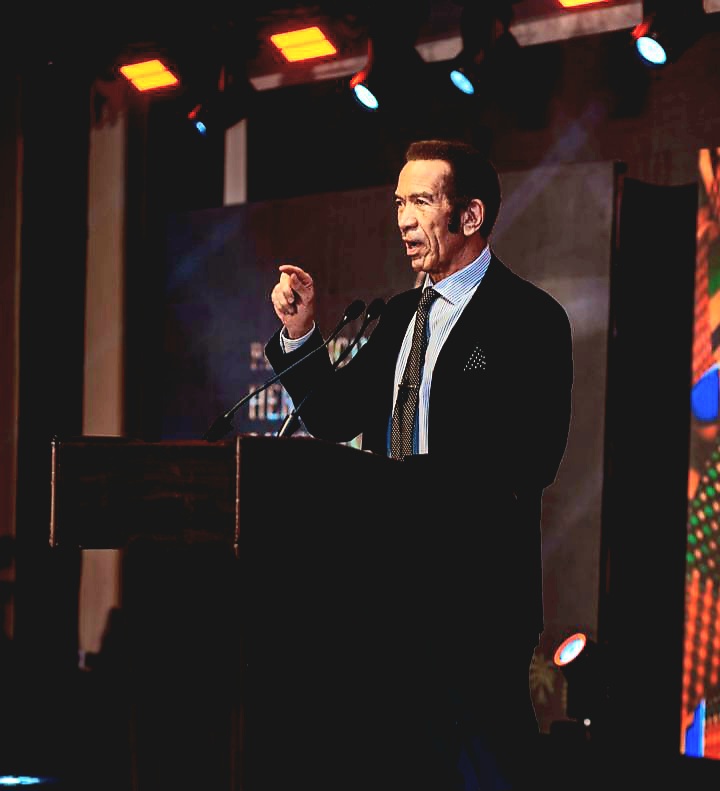
Nigeria and Africa must reclaim and celebrate their rich cultural heritage. By doing so, they can educate future generations, foster national pride, and unlock the immense economic potential that lies within their storied pasts. It is a call to action for every Nigerian and African to engage with, preserve, and promote their cultural legacy—an endeavour that promises to enrich not just the continent but the entire world.
The Threats We Face
Neglect, urbanization, globalization—the encroachment of modernity threatens our legacy. But we stand at a crossroads. Let’s heed the echoes, embrace our identity, and reclaim our place on the global stage. For Nigeria—the “Giant of Africa”—is more than a nation; it’s a living testament to resilience and creativity.
Prince Shyllon highlights the economic potential of cultural tourism, noting that countries like the United States and China reap substantial financial benefits from their heritage sites. “We have a history to tell the world, which so far has not been told,” he asserts.
This astute observation by Shyllon tallies with Yankah’s observations, painting a sobering picture: Africa has only 900 museums, with Nigeria contributing just 52. In stark contrast, the United States boasts 35,000 museums, and Europe, 15,000.
Yankah goes on to explain that, “We on the continent (Africa) have not been educated enough about our faith and kings, who were taken out of our homes, our communities, and our countries. There is so much ignorance. Yes, we can boast of all the titles and degrees the world gives us, but when it comes to the continent, we do not know much about each other.”
Echoing this sentiment, Dr. Silver SNR, emphasizes the need to correct historical inaccuracies and celebrate Africa’s ancestors properly. “Too much of what we have been taught about Africa and the diaspora has been incorrect. The storytellers have not gotten the story right. The history of Africa and the diaspora predates anything we have in the modern world.”
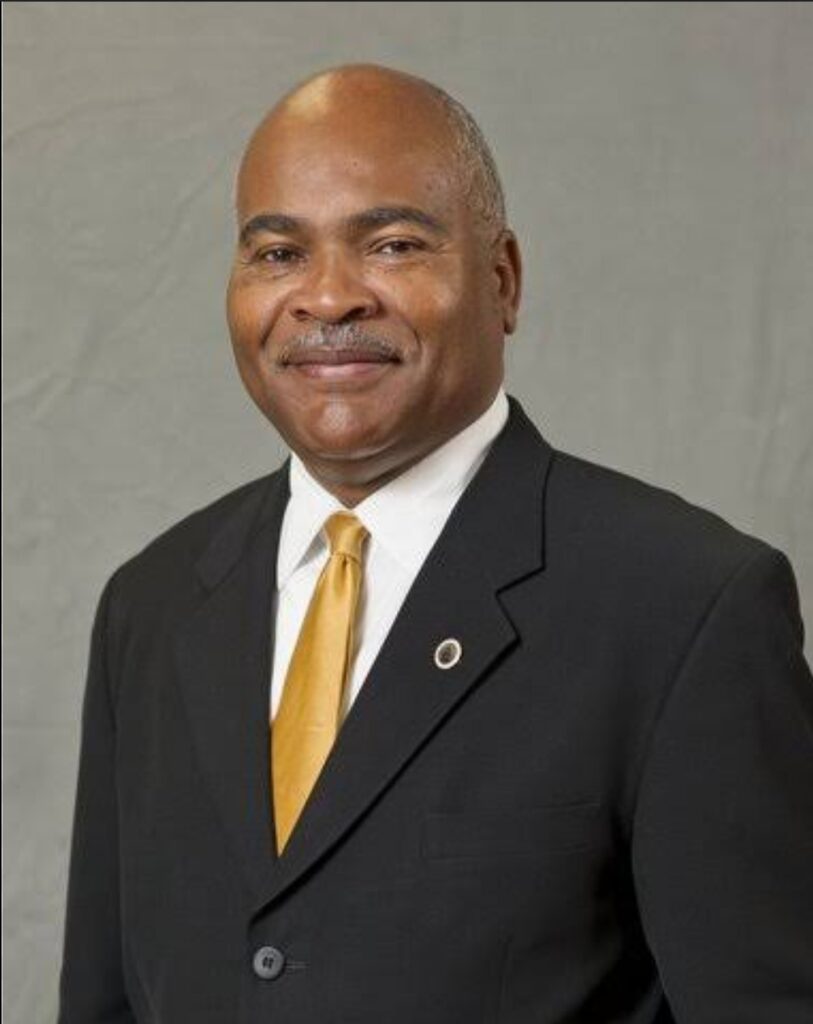
These unveiled data underscores the importance of museums in educating future generations about Africa’s rich history. “Nobody is going to tell us until we take the trouble to teach ourselves,” Yankah stated emphatically.
The call to action is clear: it is time to embrace and preserve the cultural wealth that makes Nigeria unique. Through collective efforts, the vibrant tapestry of Nigeria’s heritage can be preserved, celebrated, and passed on, ensuring that the nation’s cultural legacy remains alive and thriving in the years to come.
The movement to preserve Nigeria’s and African cultural heritage requires a collective mindset, collaborate and intentional actions to tell our stories, traditions, and artistic expressions.
Strategies:
– Support the establishment of more cultural centers, museums, and educational programs that emphasize the importance of heritage preservation.
– Advocate for policies that support artists and cultural practitioners, ensuring they have the resources and platforms needed to continue their work.
– Encourage corporations and individuals to support the preservation of Nigeria’s cultural heritage.
– Teach our children about our culture, history, and traditions, and encourage them to study art and creative expression.
Together, we can safeguard Nigeria’s and Africa’s cultural heritage and ensure that African history, traditions, and artistic expressions continue to inspire and enrich future generations.”





Comments